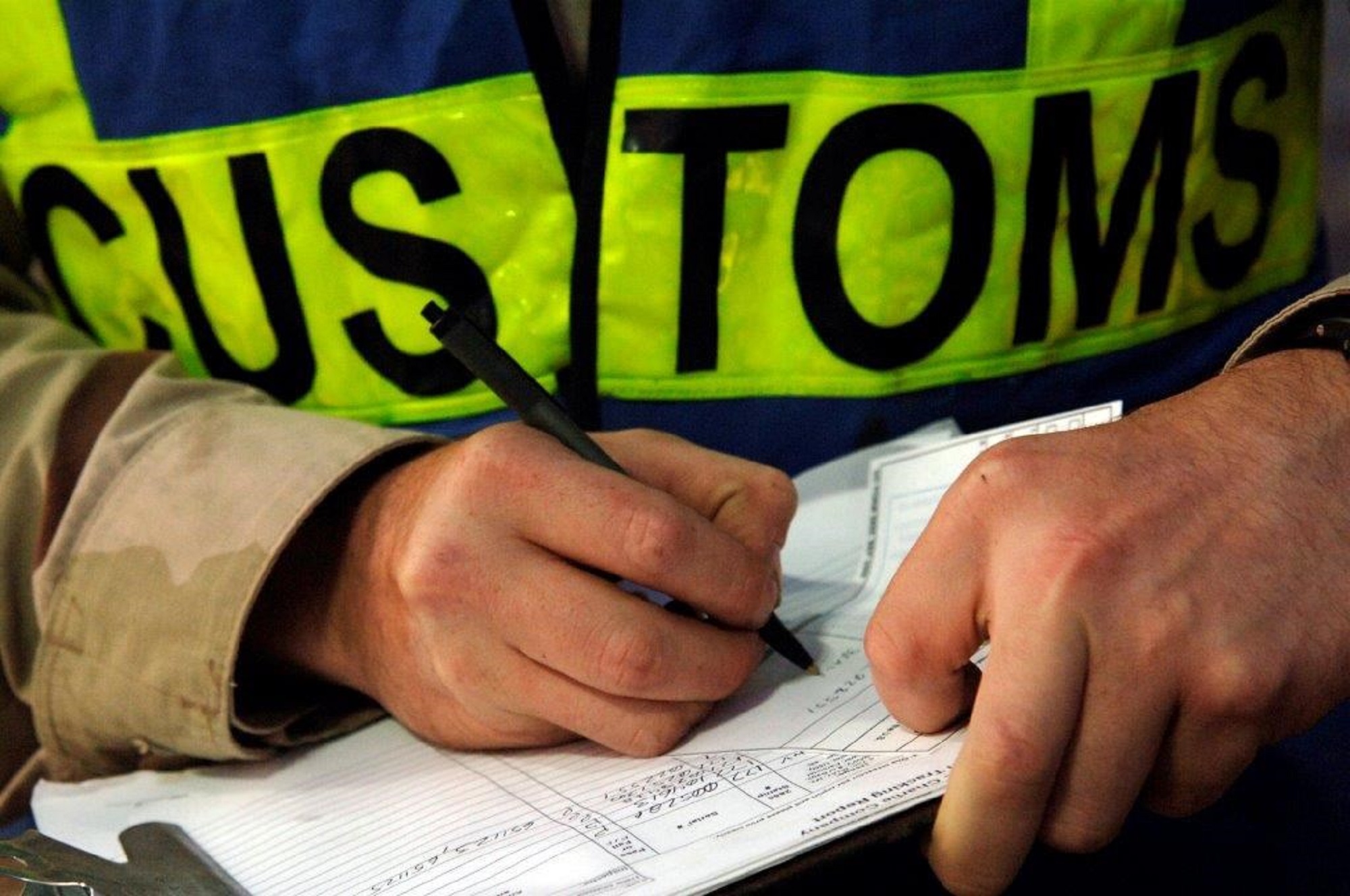Some time ago, the EU Commission has proposed several reforms of the VAT system that are aimed at improving and modernizing the levy of VAT. The central element of the proposal consists of a new system for the levy of VAT on cross-border intra-Community supplies of goods. Even though the proposal is still pending, the EU legislator has already adopted four measures which are meant to improve the current system. These so-called ‘Quick Fixes’ become effective as of January 1, 2020. In this article, we discuss the first Quick Fix, which relates to the VAT treatment of call-off stock.
Background
In order to make sure that goods are at the disposal of customers at all times, suppliers often hold stock at the premises of their customers. If the stock is transferred from one EU Member State to another EU Member State, the supplier is often confronted with a VAT registration and reporting obligation in the Member State where the stock is transported to. In case no simplification is in place, the transfer leads to a deemed intra-Community supply in the Member State of dispatch and an intra-Community acquisition in the Member State of arrival, both of which are to be reported by the supplier. At the moment the customer removes the stock from the warehouse, the supplier is generally considered to perform a domestic supply of goods in the Member State where the goods are located.
Currently, several Member States have simplification measures in place. Such measures often imply that the actual supply of goods to the customer is being considered as a zero-rated (or VAT exempt) intra-Community supply of goods by the supplier in the Member State of dispatch. The customer must report the intra-Community acquisition of the goods in the Member State of arrival.
More about the other Quick Fixes:
Quick Fix 2: The allocation of transport for chain transactions
Quick Fix 4: Administration of the VAT identification number
New rules: Quick Fix for call-off stock
The current simplification measures for call-off stock differ per Member State. In fact, some Member States have not even implemented any into their national legal order. This leads to complexities and legal uncertainty for businesses who operate in a cross-border context. In order to solve this problem, the EU legislator has decided to adopt a uniform simplification measure which will be implemented in all EU Member States.
On the basis of the new measure, the transfer of own goods (call-off stock) from one Member State to the other will no longer be regarded as a fictitious intra-Community transaction. At the moment that the customer withdraws the goods from the stock, the supplier carries out an intra-Community supply of goods in the Member State from which the stock was transported in the first place. The customer is required to report an intra-Community acquisition in the Member State where the goods have been transported to.
In order to apply the simplification measure, businesses need to adhere to certain conditions. The most important ones are the following:
the goods are dispatched to another Member State by the supplier or on his behalf with the intention that the goods will be supplied to the customer at a later stage after arrival;
the customer is a taxable person;
the customer is entitled to take ownership of the goods based on an existing agreement between the supplier and the customer;
the supplier is not established nor has a fixed establishment in the Member State of arrival;
the customer has a VAT identification number in the Member State of arrival of the goods;
the supplier has information about the identity of the customer plus the VAT identification number of the customer in the Member State of arrival prior to the moment of dispatch;
both the supplier and customer must keep a special register of those goods, specific information must be included in this register; and
the goods must be supplied to the customer within 12 months after arrival of the goods.
In case the conditions are not met, the simplification measure for call-off stock cannot be applied. In that case, the supplier is likely required to register for VAT purposes in the Member State in which the call-off stock is located.
How can you prepare your business for the Quick Fix?
The Quick Fix for call-off stock is a simplification measure which may be used to avoid VAT registrations in other Member States. We advise businesses with call-off stock in other Member States to reconsider their VAT position. In case they want to make use of the simplification measure, they should meet the conditions as of January 1, 2020 onwards. Even though the Quick Fix has apparent advantages, we recommend businesses to take proper care of its implementation; processes such as invoicing, ERP-operations and VAT return filing are likely to be affected.
Even though the Quick Fix follows from EU law, Member States may implement the new rules differently. Do you have questions as regards this Quick Fix? In that case, please contact us.
This content was published more than six months ago. Because legislation and regulation is constantly evolving, we recommend that you contact your Baker Tilly consultant to find out whether this information is still current and has consequences (or offers opportunities) for your situation. Your consultant will be happy to discuss the latest state of affairs with you.





